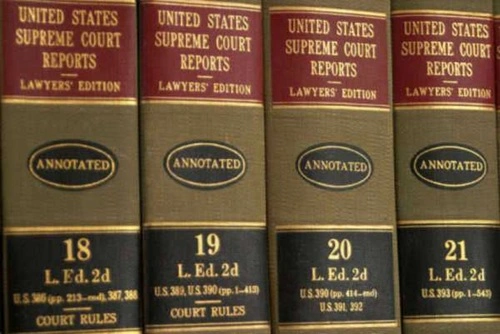No, it is not inherently illegal to shower with your child in the United States. However, the legality depends on the context, age of the child, intent, and whether the behavior raises concerns about child abuse or neglect. While cultural and parenting norms vary, law enforcement and child protective services (CPS) focus on whether the act is appropriate, consensual, and free from any abusive intent.
Legal Framework and Key Considerations
The act of showering with a child is generally not addressed explicitly in U.S. laws. However, legal and ethical considerations arise if the act is deemed inappropriate, harmful, or exploitative. These situations are evaluated on a case-by-case basis, primarily under child protection statutes.
1. Age of the Child
- Infants and Toddlers: Showering with very young children is widely accepted as a practical aspect of parenting, particularly for bathing purposes. It is not considered inappropriate unless coupled with other problematic behaviors.
- Older Children: As children grow older, societal and legal norms emphasize privacy and boundaries. Showering with a child past a certain age may be questioned, especially if the child expresses discomfort or if the behavior raises concerns about appropriateness.
2. Intent and Context
The intent behind the act is critical. A caregiver’s genuine intention to assist with hygiene is generally not problematic. However, if the act has sexual or exploitative undertones, it could trigger investigations under child abuse or exploitation laws.
3. Child’s Comfort and Consent
While very young children may not fully grasp the concept of consent, older children may develop a sense of privacy and personal boundaries. Forcing a child into uncomfortable situations, even under the guise of care, could lead to legal scrutiny.
4. Cultural and Societal Norms
Cultural practices vary widely regarding family bathing and nudity. Some cultures view communal bathing as normal, while others emphasize strict privacy. Legal judgments in the U.S. often take cultural context into account but prioritize the child’s welfare.
When Showering With a Child Could Become Illegal
1. Sexual Exploitation
Any behavior that involves sexual intent or gratification is unequivocally illegal under federal and state laws. This includes inappropriate touching or exposure during shared showers.
2. Child Endangerment
Showering with a child could be deemed illegal if it exposes the child to harm, such as extremely hot water or unsafe bathroom conditions. Negligence, even without intent to harm, could result in legal consequences.
3. Child Protective Services (CPS) Involvement
If someone reports the behavior as inappropriate, CPS may investigate. The investigation will assess the child’s safety and whether the act indicates abuse, neglect, or poor judgment.
4. Violation of Custody or Restraining Orders
In cases involving custody disputes or restraining orders, shared bathing could be construed as a violation if it breaches specific legal agreements or guidelines.
Recent Legal Cases and Updates
- Increased Awareness of Boundaries: In recent years, courts and child protection agencies have emphasized the importance of respecting children’s developing sense of autonomy and privacy.
- Mandatory Reporting Laws: Teachers, doctors, and other mandatory reporters are required to report any behavior they perceive as potentially harmful, including concerns related to shared bathing.
- Parental Rights vs. Oversight: Legal cases often balance parental discretion with the state’s duty to protect children. Judges typically consider whether the behavior in question aligns with reasonable parenting practices.
Parenting Guidelines to Avoid Legal Issues
- Respect Boundaries: As children grow older, respect their developing need for privacy.
- Communicate: Ensure your child feels safe and comfortable. If the child expresses discomfort, stop the behavior.
- Stay Informed: Familiarize yourself with state-specific child protection laws to avoid unintended legal complications.
- Be Cautious in Custody Cases: In high-conflict custody situations, avoid any behaviors that could be misinterpreted or reported.
FAQs
Q1. Is it illegal to bathe with a toddler?
Ans: No, it is not illegal to bathe with a toddler. It is often seen as a practical parenting choice, but context and intent are crucial.
Q2. At what age should you stop showering with your child?
Ans: There is no legal age limit, but most experts recommend transitioning to independent bathing by the time the child reaches school age, respecting their growing need for privacy.
Q3. Can CPS investigate me for showering with my child?
Ans: Yes, if someone reports the behavior as concerning, CPS may investigate. However, investigations focus on the child’s safety and well-being rather than the act itself.
Q4. Can cultural practices be used as a defense in court?
Ans: Yes, cultural practices can be considered, but the court’s primary focus will be the child’s welfare and whether the behavior aligns with U.S. legal standards.
Q5. What should I do if someone reports me for bathing with my child?
Ans: Cooperate with investigators, provide context for your actions, and consult an attorney if necessary to ensure your rights are protected.

